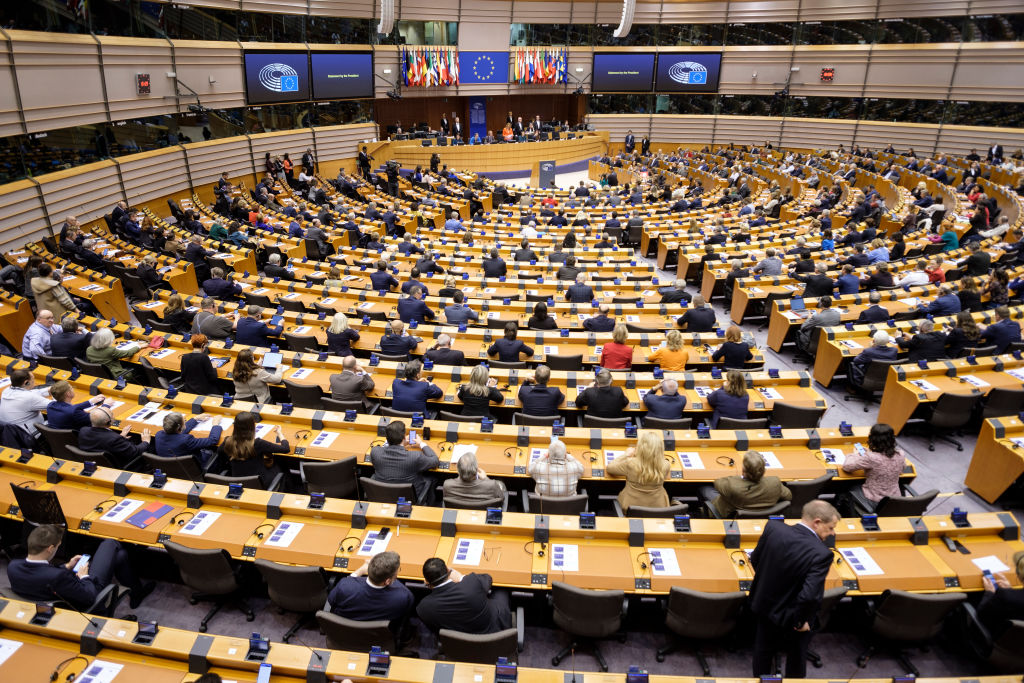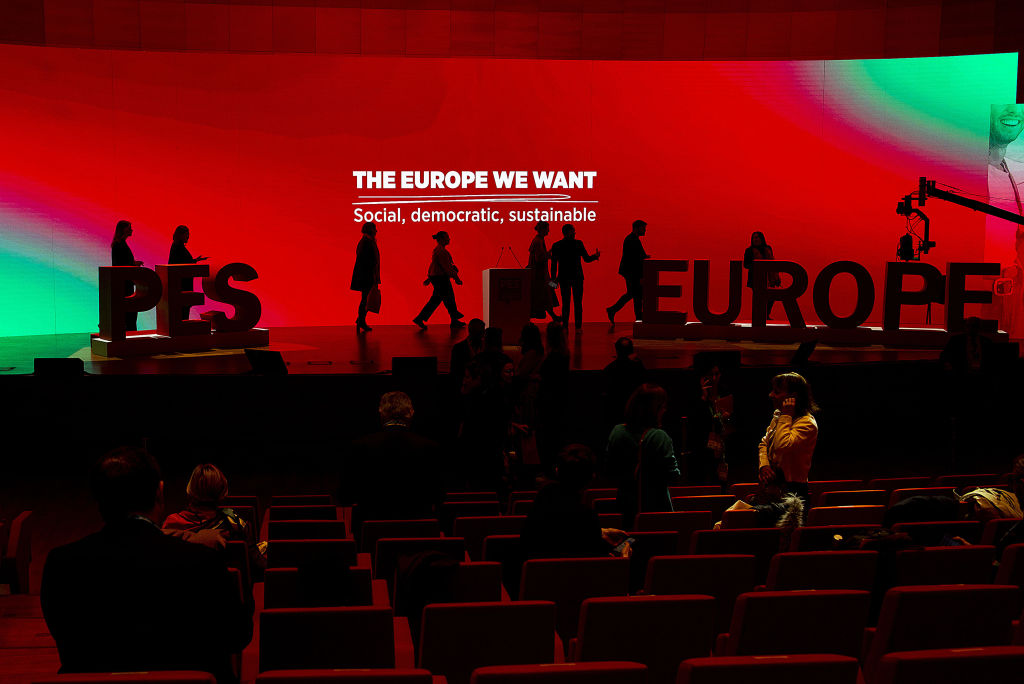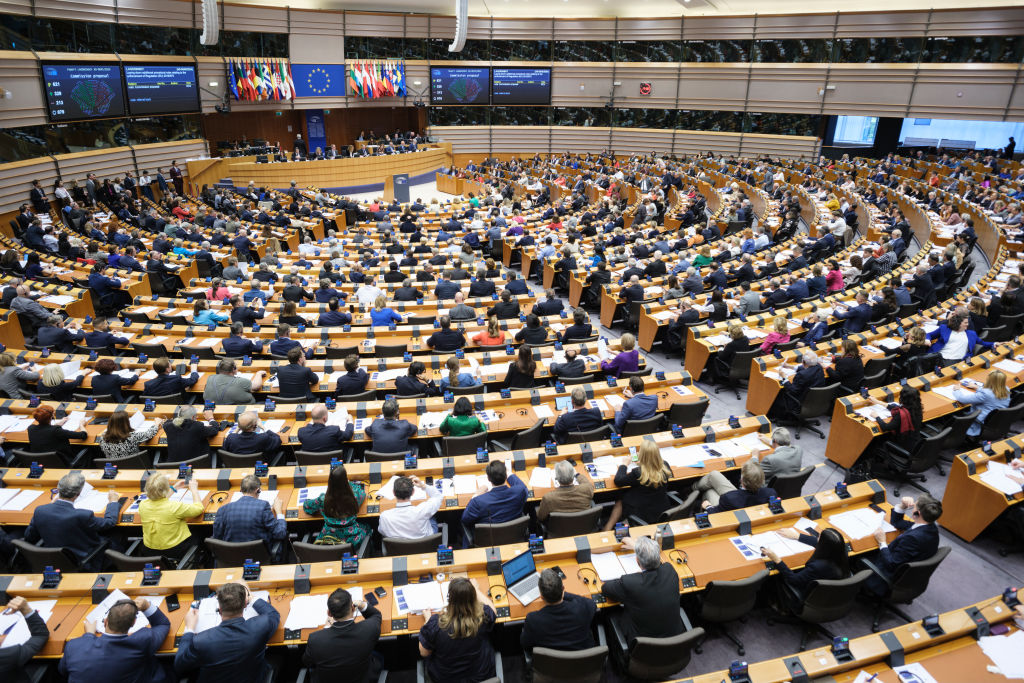Amid allegations of bribery involving MEPs, the European Parliament has voted to join the inter-institutional European Union Ethics Body.
Few seem to believe the new organisation will change much.
The eight signatory European institutions asserted the body was set to “strengthen integrity, transparency and accountability in European decision-making.”
The primary objective of the organisation is to establish updated standards and protocols governing conduct concerning interactions with lobbyists, acceptance of gifts and invitations from third parties, in a bid to pre-empt future allegations of wrongdoing.
Maximilian Krah MEP, the German Alternative für Deutschland party’s list leader in June’s elections, will take a back seat in the campaign amid a controversial case of alleged espionage, following a crisis meeting with AfD bigwigs. https://t.co/hpHEPB5aSw
— Brussels Signal (@brusselssignal) April 25, 2024
The body will issue regular reports assessing compliance with these regulations.
Five independent experts will also support its work and be available for consultation by the participating institutions about the rules or their implementation.
Many, though, have remained doubtful about the effectiveness of the new Ethics Body.
Critics argued that relying on EU institutions to monitor their own behaviour was insufficient and inappropriate.
Lobbyists can easily bypass EU transparency rules to influence policy, the European Court of Auditors has warned in a new report. https://t.co/PTAXiRUCQo
— Brussels Signal (@brusselssignal) April 17, 2024
For the global anti-corruption movement, Transparency International EU (TI EU), the EU ethics organisation lacked the resources to hold MEPs accountable.
“It will not be independent, nor will it have the mandate to investigate and sanction MEPs for wrongdoing,” it said. Shari Hinds, TI EU policy lead on EU political integrity, said: “This ethics body will not contain any of the essential elements desperately needed to clean up the EU integrity system.
“Self-monitoring and political integrity are a contradiction in terms,” she added.
Some viewed the ethics body as merely a mechanism for public shaming, with concerns raised about its potential for political exploitation.
Among the critics is the European Conservatives and Reformists Group in the EP, whose members said they feared the risk of “political abuse”.
They said believed the organisation was simply “an investigative and restrictive disciplinary chamber.
“It carries a high risk of political misuse,” the ECR added.
Educational institution MCC Brussels cast doubt regarding the body’s efficacy in combating bribery, stating: “It is just another way to ignore the democratic black-hole at the heart of Brussels.”
MEPs just voted for a new EU "ethics body".
Far from tackling the corruption of #Qatargate, the focus on "transparency" is another way to ignore the democratic black hole at the heart of Brussels.
Plus – we all know who the first victims of the ethics police will be!…
— MCC Brussels (@MCC_Brussels) April 25, 2024





